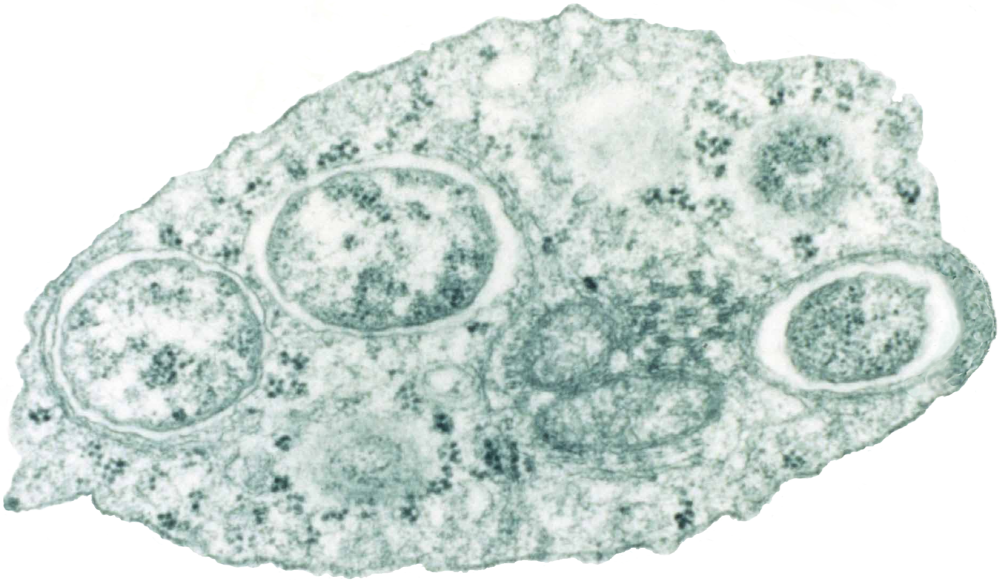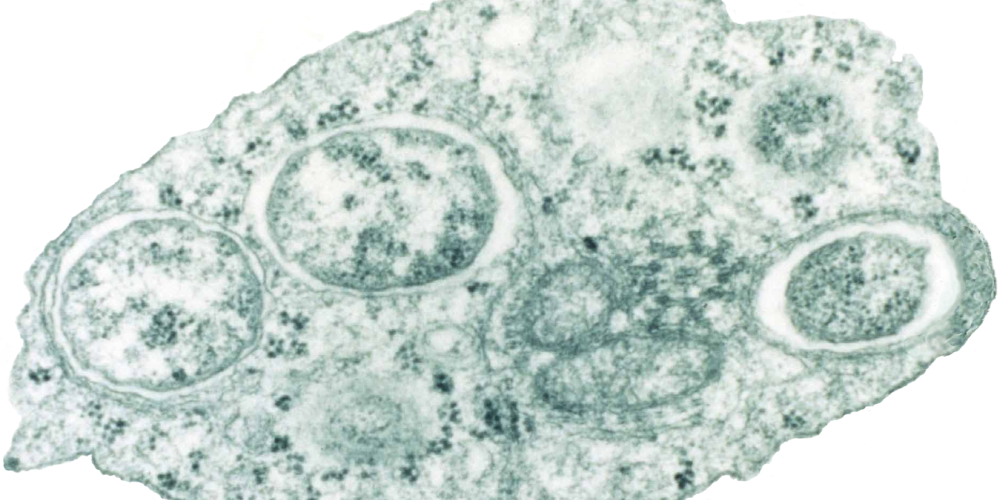
Mosquitoes not only cause unpleasant itching, but recently, there is a concern about dengue fever vectors caused by mosquitoes. In the midst of this, a paper saying that mosquitoes could be eradicated by bacteria that kill mosquito reproduction was published in the journal Nature, drawing attention.
As a method of controlling mosquitoes, until now, methods such as using insecticides or releasing male mosquitoes that have been sterile with radiation have been studied. However, the use of pesticides has a great impact on the environment, and infertility of male mosquitoes with radiation only decreases fertility, and the efficiency is poor, making it difficult to expect surprising effects.
Among these, a research team at Michigan State University succeeded in reducing mosquitoes by 94% using bacteria that are widely distributed in nature. The bacteria the research team used in the experiment is a symbiotic bacterium called Olbachia pipientis, which has a high probability in the body of arthropods including mosquitoes.
The research team’s attention to Olvachia Papientis is that the infected bacteria have the ability to inhibit the reproduction of uninfected females like themselves. Olvachia Pippientis, who transmits maternal transmission like mitochondria, is believed to grow herself to interfere with the pregnancy of uninfected females like her.
On a small island in Guangzhou, China where the experiment was conducted, two species of mosquitoes were already infected with Olvachia Papientis, so the research team released 160,000 male mosquitoes per hectare in other areas. Through this, it has succeeded in reducing mosquitoes in the area by 94%.
The way to use Olvachia Pippientis is not new. In Brazil, an attempt was made in 2014 to release mosquitoes infected with Olvachia Papientis with the aim of controlling dengue infection. However, this method has a problem that if the release mosquito contains a female infected with Olvachia P. P. P., the mechanism of preventing reproduction due to the spread of P. P. P. P. P. infection spreads. Because female pupae are larger than male pupae, 99% of them can be removed mechanically, but the remaining 1% cannot be relied on by the human eye and the cost is increased.
The research team succeeded in removing only female mosquitoes while maintaining most of the male fertility by irradiating low-dose radiation. At low cost, it was possible to mass-produce only male mosquitoes that were surely infected with Olvachia P.
Experts say it is no longer possible to get rid of mosquitoes by using pesticides and by throwing away the water that mosquitoes lay eggs. Mosquitoes are already resistant to common pesticides and can reproduce in places out of reach of human eyes. The method using Olvachia P. P. P. P. may not be suitable as a large-scale public health measure, as it is a condition that certain local mosquitoes are not infected with a specific P. P. P. Say it will be promising. Related information can be found here .


















Add comment